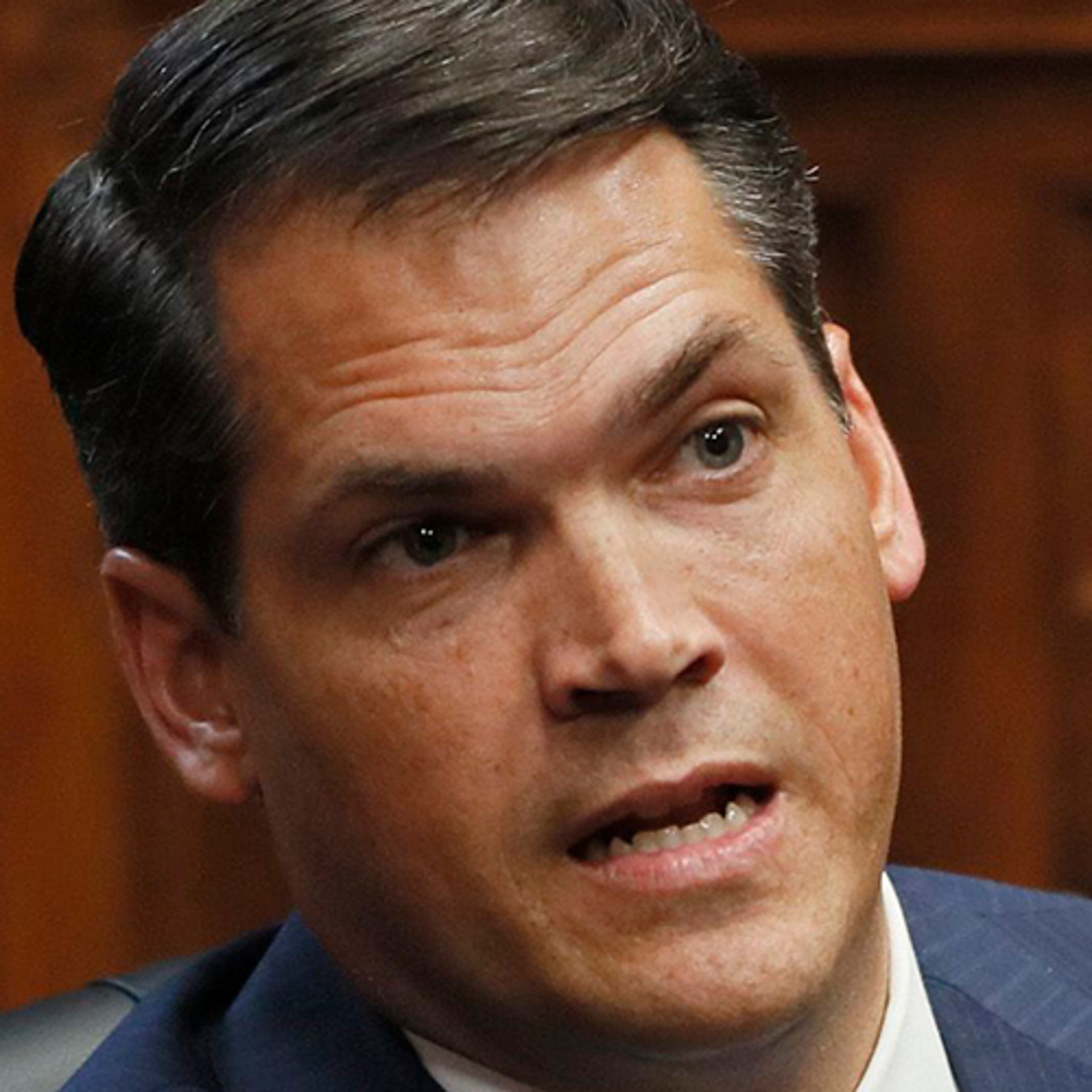Opinion: My party should learn from Walker’s defeat

Calling balls and strikes against my own team is not fun, but necessary to break the vicious cycle of losing. To rebuild our party, Republicans must use Herschel Walker’s defeat as a pivot point rather than a stumbling block.
For the third time in two years, the Georgia GOP missed an easy lay-up. First the 2020 contest that sent our 16 electoral college votes to a Democrat for the first time since 1992 and Joe Biden to the White House. Then the pair of January 2021 runoffs that handed Democrats control of the Senate. Now the Walker loss that gave Sen. Raphael Warnock a fresh six-year term in Washington.
I have been a conservative Republican my entire life. During my first run for statewide office, I was knocked for being “too conservative.” Before public life, I was a private sector entrepreneur where I experienced the heavy-handed “government knows best” approach favored by many in the Democratic Party.

It’s my view that Sen. Warnock’s presence in Washington has hurt, not helped, our economy, especially his tie-breaking votes for the Biden spending plans that have contributed to inflation.
But Warnock’s shortcomings were not enough to blindly support a deeply flawed candidate like Walker. Many of my critics (and even some of my supporters) urged me to be a “team player” and fall in line. They were disappointed (to put it mildly) about my decision to leave the ballot blank. The angry and threatening phone calls were a flashback to 2020 when I refused to go along with Donald Trump’s conspiracy theories.
It was not a decision I reached lightly. Nor was labeling Walker one of the worst candidates in history. It was the result of a culmination of factors. Following the November general election, Walker got a mulligan. He had four more weeks to convince more than 200,000 Georgians who voted for another four years of Gov. Brian Kemp but would not pull the lever for Walker.
At no point during his candidacy did Walker offer a serious, concrete policy proposal on the issues facing people every day. With Senate control no longer hanging in the balance, there was no clear rationale for his candidacy. The makeup of next year’s committee assignments is hardly a rallying cry for voters to participate in a runoff.
Nor is relying only on Biden’s unpopularity. Yes, only 41 percent of voters view the current president favorably, compared to 52 unfavorably. Hardly numbers to write home about. But his predecessor is seen an even more negative light, with a 39-54 percent breakdown. There is a reason both the 45th and 46th presidents were conspicuously absent from the campaign trail.
Then came the constant drip-drip-drip about Walker’s personal life. After dismissing earlier charges in the campaign as lies, the Walker team barely acknowledged the latest allegations.
Perhaps they concluded that any voter persuaded by these storylines was long ago out of reach. History will sort out fact from fiction, but the noise became a major distraction for people looking to their elected officials for answers.
Walker refused to join the chorus of criticism from fellow Republicans directed at Trump for dining with a white supremacist. Next was the nonsense about vampires and werewolves. Questions about his Texas residency. It went on and on.
Meanwhile his fundraising lagged badly. From October 20 to November 16, Walker raised $20.9 million dollars – less than half of Warnock’s $52.2 million dollar haul. There was a reason the presence of Warnock’s ads dwarfed Walker’s.
As a former minor league baseball pitcher, I’ve spent my fair share of time in locker rooms. One lesson I learned is a divided locker room is almost always a hallmark of a losing team.
There is a sense inside the Republican locker room that we need more team players. It is the strongest rationale for supporting Herschel Walker: better committee assignments, conservative judges and he votes with the team. His loss proves this theory is not enough in purple states like Georgia.
One thing all Republicans agree on is the importance of defeating Joe Biden in 2024. To accomplish that mission, we no longer need team players – we need team leaders to chart a fresh course.
Geoff Duncan, a Republican, is the 12th lieutenant governor of Georgia.


